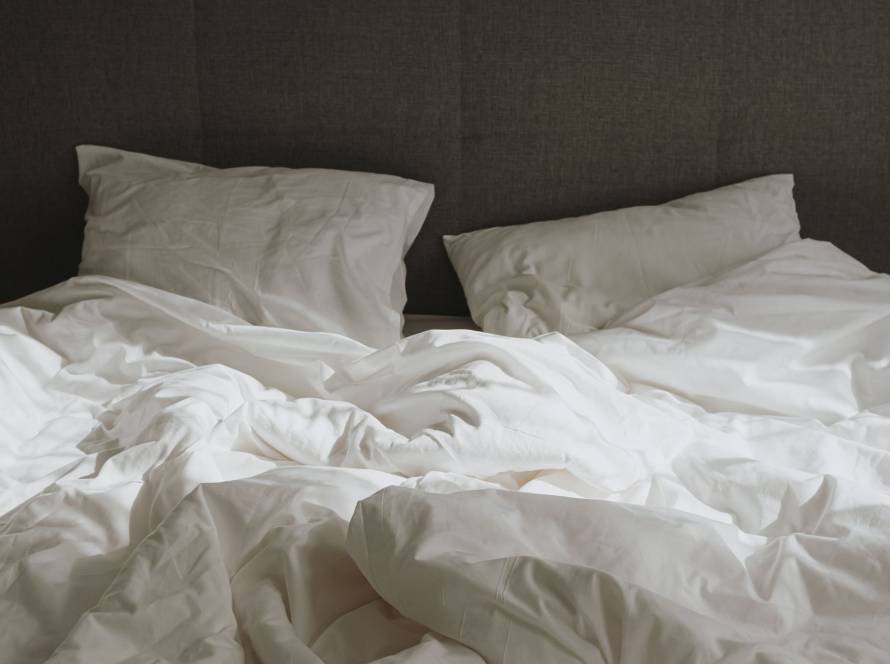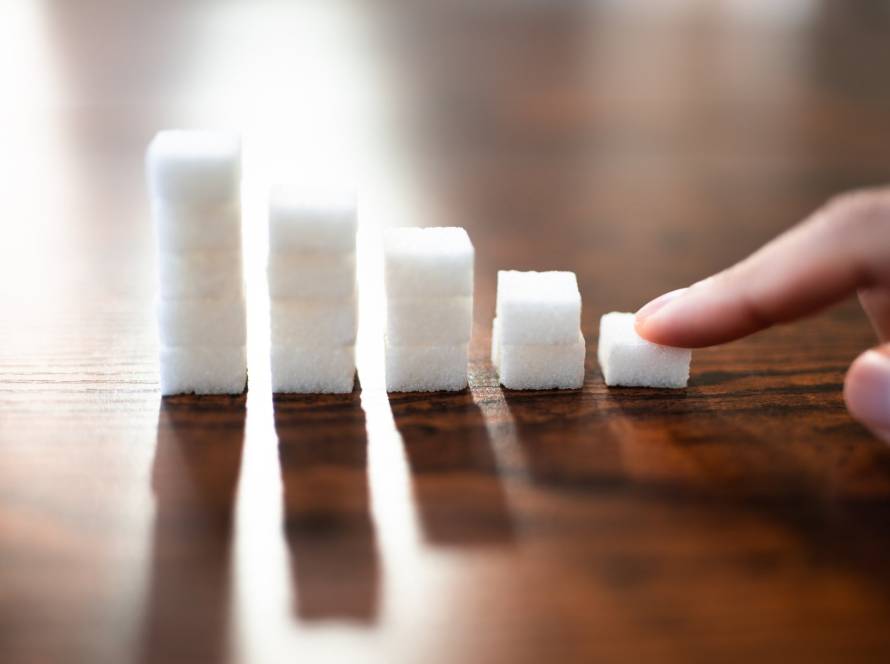The need for effective skincare after 70 has become more crucial as our global population ages faster. Experts predict that by 2030, people aged 60 and older will reach 1.4 billion worldwide, about one-sixth of the global population. So, knowing how to care for mature skin matters more than ever.
This detailed guide looks at what is the best skincare for over 70, with solutions for both women and men. It also explores how specific ingredients and routines can help with common issues like incontinence-related skin problems, which respond well to barrier creams in patients over 70.
Why skin needs special care after 70
Skin goes through deep physiological changes after age 70. This creates a need for special care routines that work for its specific requirements. A good understanding of these changes helps create better skincare approaches for older skin.
Thinning skin and reduced oil production
Age changes skin structure in many ways. Skin becomes noticeably thinner as cells in the epidermis grow shorter and fatter. The epidermis becomes attenuated, which leads to this thinning. The skin’s protective fat layer diminishes, making it more likely to tear and get injured.
Mature skin produces much less oil than before. Elderly adults often lose oil glands that normally keep their skin soft and supple. This makes naturally dry skin even drier and people need heavier, richer moisturizers to stay hydrated. The reduced oil production explains why many people experience such dry skin in their later years.
Increased sensitivity and slower healing
Age affects more than just skin’s appearance, it changes how skin works. The skin’s healing abilities slow down substantially as inflammatory phases last longer and reactive oxygen species increase. This explains why most tissues take longer to heal as we get older.
Skin becomes thinner with age, which makes healing much slower. People over 70 usually have delicate skin that tears easily. The skin also struggles to heal itself because immune function decreases, leading to more skin infections.
Effect of medications and chronic conditions
Many medications that older adults take can hurt their skin health. Some treatments cause side effects like severe dryness. Several medications lead to skin discoloration and thinning over time, making aging signs worse1
Older adults who take multiple medications face higher risks of skin side effects. To name just one example, see how commonly prescribed oral antibiotics increase the risk of severe skin reactions in older adults.
Chronic health problems common among elderly people affect their skin health. These include cardiovascular diseases, kidney problems and diabetes, along with limited mobility and poor nutrition. Such conditions often lead to pressure ulcers and make skin more prone to infections.
Daily skincare routine for over 70s
Good skincare habits play a vital role in keeping skin healthy after age 70. Research shows that simple routines with specific products give the best results for mature skin.
Morning routine essentials
People over 70 need gentle cleansing and protection in their morning skincare routine. A mild, fragrance-free cleanser helps remove overnight buildup without taking away natural oils. Warm water works better than hot water because it doesn’t dry out moisture-lacking skin.
A vitamin C serum shields skin from environmental damage. The next step needs a rich moisturizer with ingredients that protect the skin barrier. Our morning routine should always end with sunscreen (SPF 30+). Mature skin still needs protection from sun damage and dark spots.
Evening routine essentials
Night routines help repair and hydrate the skin. People who wear makeup should use a double cleanse method. The first wash removes surface dirt while the second one cleans deeper.
The next step involves targeted treatments. Serums with active ingredients help with skin firmness and brightness. An eye cream helps protect the thin skin around our eyes, which gets more delicate after 70.
Facial oils like jojoba or argan oil work great for very dry mature skin. A thick night moisturizer locks in all the goodness, much richer than our day cream.
Weekly treatments to think over
Some extra treatments can help when used once or twice a week:
- Light exfoliation removes dead skin cells that make skin look dull;
- Hydrating masks give extra moisture;
- Special treatments help with age spots.
Keeping things simple works best for people over 70. These weekly add-ons should make our daily routine better, not more complicated.
Key ingredients to look for
The right ingredients are the foundations of good skincare for people over 70. Research explains specific compounds that work well with mature skin’s unique needs.
Ceramides and hyaluronic acid
Ceramides create a protective barrier that locks moisture in and keeps irritants out. They work as the skin’s natural “mortar”. This barrier becomes especially important as we age because ceramides help strengthen thinning skin barriers. Hyaluronic acid works as a powerful humectant that can hold up to 1,000 times its weight in water and provides deep hydration. These ingredients work together perfectly, hyaluronic acid pulls in moisture that ceramides help trap, which leads to better skin hydration.
Niacinamide and peptides
Niacinamide (vitamin B3) brings multiple benefits to aging skin. It has natural anti-inflammatory properties and improves skin elasticity and bounce. The ingredient also treats hyperpigmentation, which shows up more often after years of sun exposure. Peptides are short chains of amino acids that tell skin cells to make collagen and elastin. This improves texture, firmness and elasticity. These peptides work great for mature skin because they go deep into the skin instead of just staying on top.
Retinaldehyde vs retinol
Retinaldehyde boosts collagen faster than regular retinol, which makes it great for mature skin. Regular retinol needs two steps to become active, but retinaldehyde only needs one step to get closer to retinoic acid. Research shows retinaldehyde works up to 10 times faster than retinol. This quick action helps people over 70 who need faster results.
Antioxidants: vitamin C, E and green tea
Antioxidants fight aging by neutralizing harmful free radicals in skin. Vitamin C shields against oxidative damage and helps make collagen. Vitamin E and green tea extract help calm redness, a common issue in mature skin.
Natural oils: jojoba, squalane, argan
Natural oils give deep nourishment to very dry mature skin. Squalane increases the skin retention of polyphenols, enhancing their antiaging effects. Argan oil contains antioxidants and fatty acids that refresh mature skin. Jojoba oil matches the body’s natural protective sebum perfectly.
Advanced support: supplements and lifestyle
Taking an all-encompassing approach to skin health after 70 works better than just using skincare products. Our skin needs proper supplements and lifestyle changes that are the foundations of healthy aging.
Top supplements for skin after 70
Research expresses how certain supplements can help mature skin stay healthy. Our skin barrier works better with Omega-3 fatty acids and gamma-linoleic acid (GLA). Probiotics boost skin health from inside out and carotenoids protect our skin. Turmeric (curcumin) might slow down aging by turning on specific proteins that shield cells from damage.
Hydration and diet tips
Water is the life-blood of healthy skin for people over 70. Drinking more than 2 liters of water daily affects skin health by a lot and helps both surface and deep hydration. Antioxidant-rich foods help curb oxidative stress that speeds up skin aging. Foods high in fat and sugar can trigger skin oxidative stress, inflammation and slow down healing. Our skin might age faster and get inflamed from eating processed foods, refined sugars and high glycemic index foods.
Sleep and skin regeneration
Sleep quality affects how our skin ages. People who sleep well have much lower intrinsic skin aging scores than those who don’t. Poor sleepers’ skin suggests damaged barrier function because it loses more water. Studies show that good sleepers’ skin recovers 30% better after tape stripping tests. Our skin bounces back better from sun exposure when we sleep well.
Exercise and circulation benefits
Blood moves better when we exercise regularly, which sends more oxygen and nutrients to our skin. Exercise gets more skin fibroblasts to make energy and thus encourages more collagen in our skin. Studies prove that exercise boosts blood flow to our skin, raises skin temperature and improves moisture levels. Regular movement helps our skin look better and stay stronger as we age.
Stress management and skin health
Our skin suffers when we’re stressed for long periods. Studies showed that mental stress can break down the skin barrier and make it harder to heal. Both short and long-term stress harm our skin’s health and make many skin conditions worse, including psoriasis, eczema and acne. Meditation and other stress-relief techniques might help improve skin conditions, but scientists need to study this more.
Skincare after 70 balances immediate needs with long-term skin health. Our skin stays healthy when we combine the right products with consistent routines and lifestyle changes. This detailed approach ended up not just improving how skin looks but also keeps this vital organ protected and comfortable in later years.


